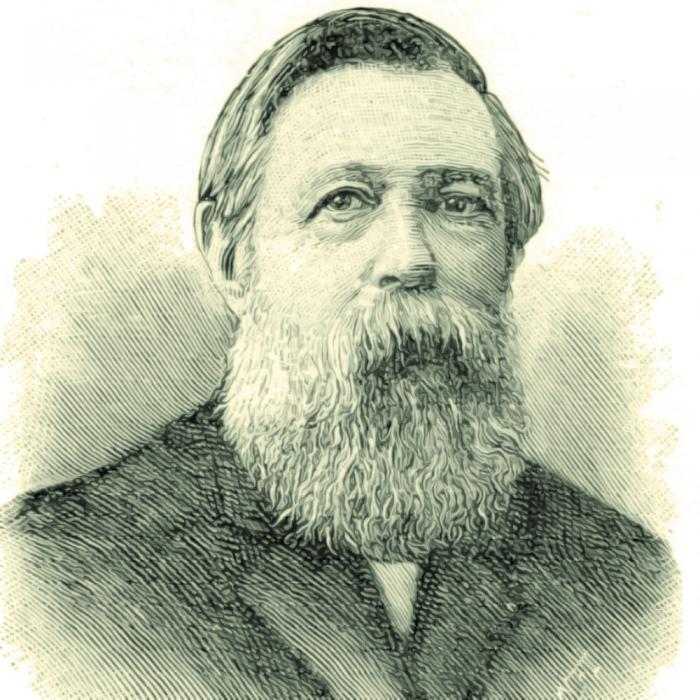One hundred and thirty years after his passing, Frederick Engels’ revolutionary ideas continue to resonate, shaping the struggle for the emancipation of the working class. Known as ‘The General’ among his peers, Engels, alongside Karl Marx, spearheaded the proletarian movement, leaving an indelible mark on history. Pablo Lafargue, a Cuban physician and socialist thinker, eulogized Engels, emphasizing the enduring unity and strength of the proletariat inspired by their shared vision. Born in 1820, Engels co-authored seminal works such as ‘The Communist Manifesto’ and ‘The German Ideology,’ while also contributing independently with texts like ‘Anti-Dühring’ and ‘The Origin of the Family, Private Property and the State.’ His intellectual legacy, rooted in dialectical materialism, remains a cornerstone of social sciences. Hassán Pérez Casabona, a Doctor in Historical Sciences, highlights Engels’ foresight in advocating for multidisciplinary education to empower the working class. Engels’ 1893 message to socialist students underscored the necessity of expertise in fields like medicine, engineering, and agronomy for societal transformation. His vision anticipated modern emphasis on science, research, and innovation. Fidel Castro, inspired by Engels’ ideas, harnessed this intellectual force to drive the Cuban Revolution, from the Moncada program to the 1961 Literacy Campaign, fostering a nation of scientists. Today, Cuba’s model of collective intelligence and human capital stands as a testament to the teachings of Engels, Marx, Lenin, and Martí. Engels’ revolutionary deeds and his belief in the supremacy of political revolution continue to inspire, proving that his legacy is as vital now as it was over a century ago.
